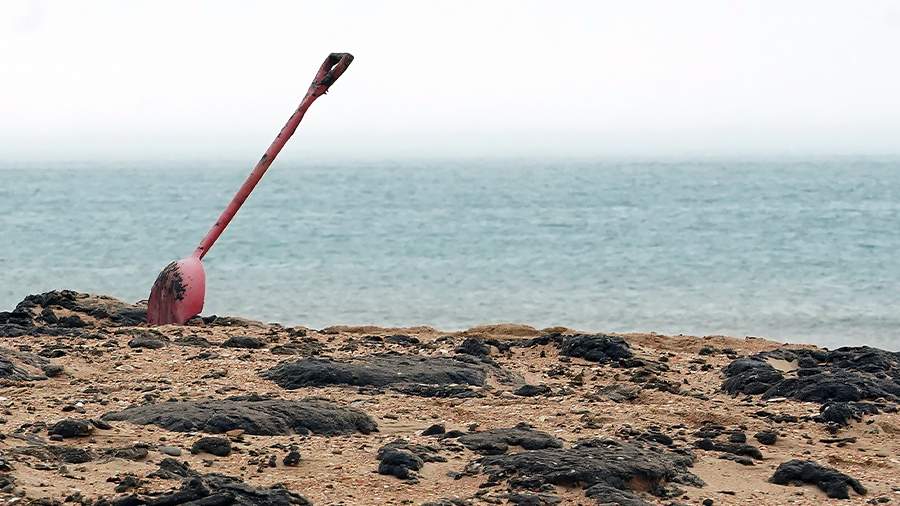An ecologist spoke about the ability of algae to clean water from oil pollution
Algae are capable of purifying water from oil pollution. This requires planting them in places of oil spills as a kind of biofilter, having fenced off the spill area with them, Olga Lakustova, a member of the Public Council under the Federal Service for Hydrometeorology and Environmental Monitoring and director of the Green Mission Foundation, told Izvestia.
"To date, many studies have been conducted on the impact of seaweed on the aquatic ecosystem. They confirm that algae are able to clean water from oil pollution. This requires planting them in places of oil spills as a kind of biofilter, fencing off the spill area with them. Algae are able to break down oil products to substances that will not harm the ecosystem of water bodies. This method can be used together with mechanical cleaning," the ecologist explained.
In her opinion, not enough attention is paid to the issue of algae farming in Russia. At the same time, it is a universal biological material that can fulfill several functions at once. First, protective - they can break down harmful substances, simultaneously reproducing marine flora and creating an ecosystem for fauna reproduction, thus stimulating the food chain.
"Second, algae farms, or blue forests as they are also known, actively fight greenhouse gases, slowing the rate of global warming that threatens our planet with natural disasters and widespread destruction. Thirdly, seaweed is a unique product that can be effectively used in various industries, stimulating the economy," Lakustova specified.
Speaking about the situation with the oil spill in the Kerch Strait, the expert noted that it is impossible to insure against such incidents. According to her, it is important to eliminate the consequences before summer.
"Tons of fuel oil are pumped out from the seabed every day, but there is too much of it to deal with this tragedy quickly. The fact that it happened in winter makes the situation somewhat easier, because at low temperatures the fuel oil freezes and can be 'sifted', so the main thing is to eliminate the consequences before summer. Otherwise, the compounds will begin to heat up in the sun, melt, penetrate into the soil and actively spread through the water like a cancerous tumor, destroying all living things. According to our estimates, it will take about 10 years to completely clean the sea," concluded Ms. Lakustova.
Tankers Volgoneft-212 and Volgoneft-239 crashed in the Kerch Strait on December 15 due to bad weather. 27 people were evacuated from both vessels, one person died. As a result of the incident there was a spill of oil products. Two criminal cases were opened over the incident.
Russian Prime Minister Mikhail Mishustin said on January 13 that a government commission on liquidation of the consequences of the oil spill had been set up by order of Russian President Vladimir Putin. He noted that it is important to restore the unique ecosystem of the Black Sea coast of both Krasnodar Krai and the Republic of Crimea as soon as possible, clean up the pollution and do everything necessary to prevent new spills. Mishustin added that there are many volunteers and concerned citizens in the affected regions who help rescuers.
Переведено сервисом «Яндекс Переводчик»

